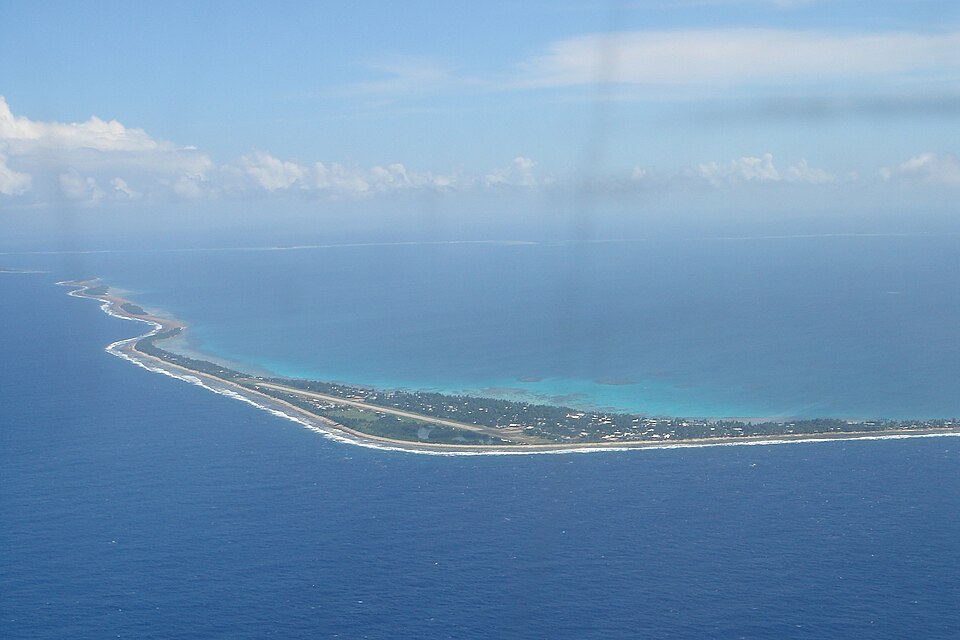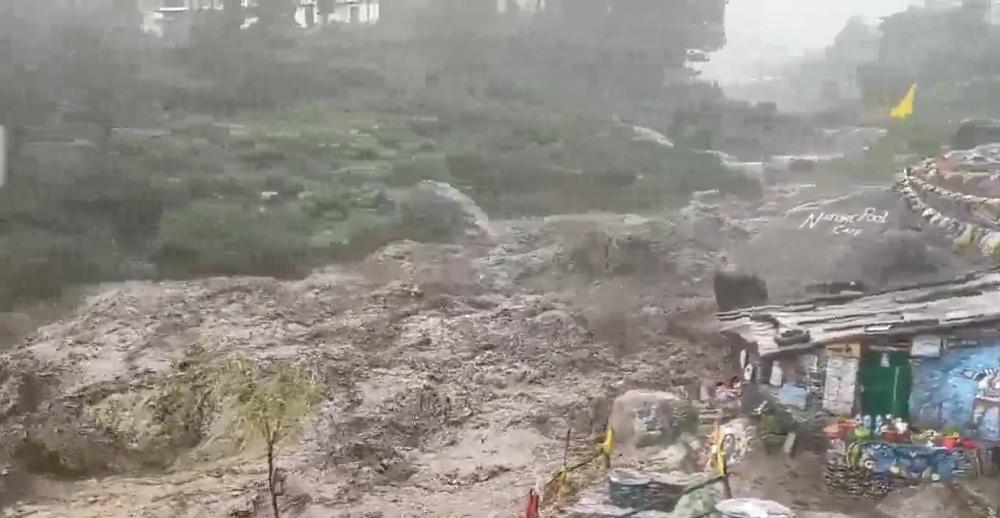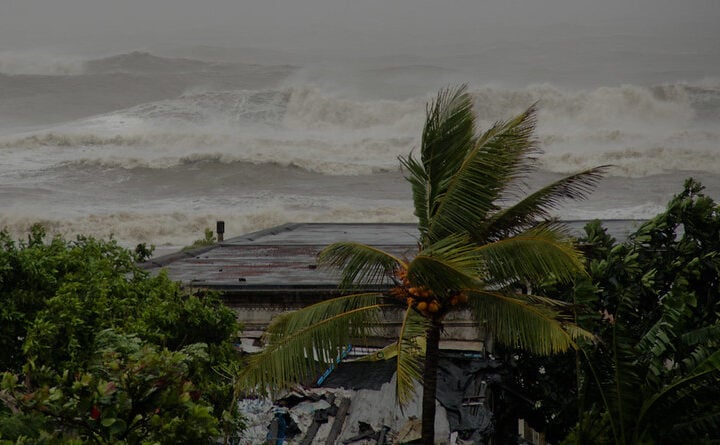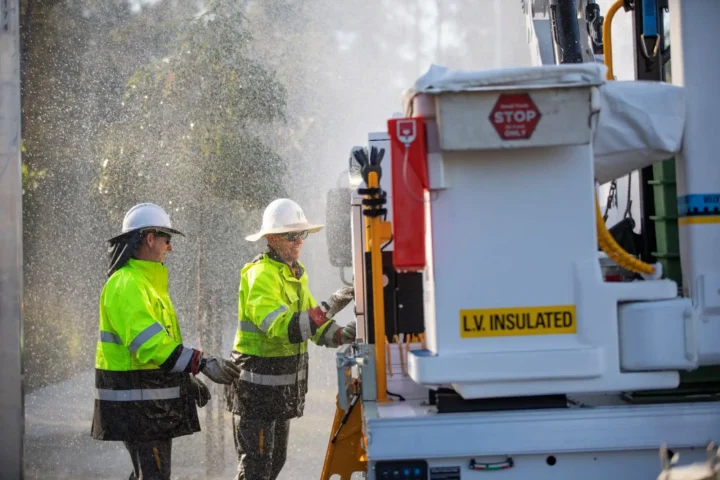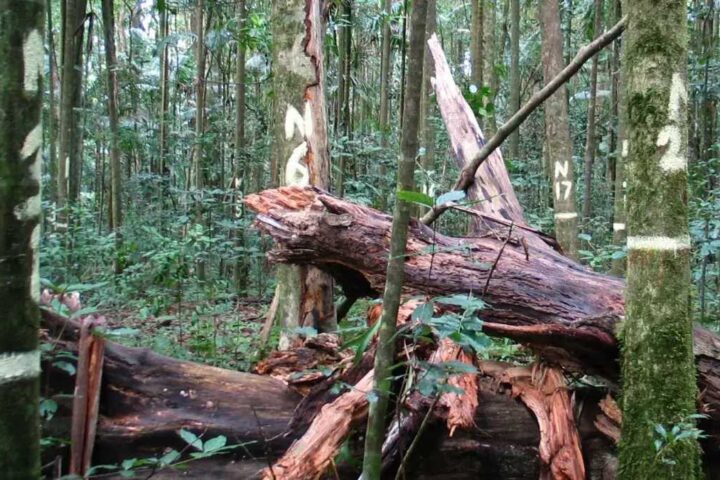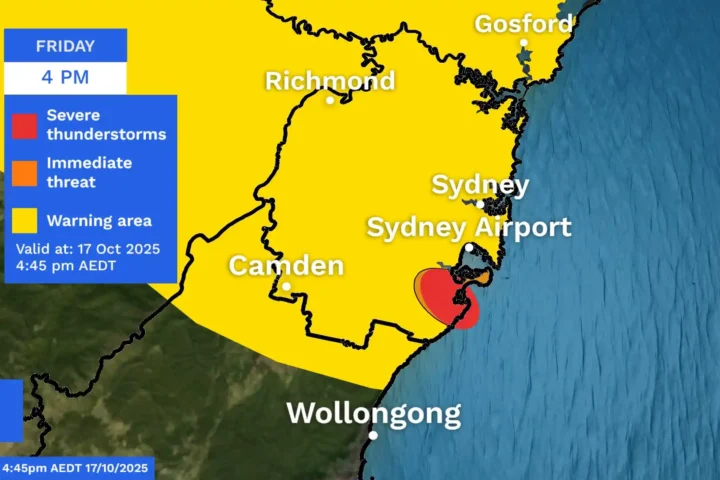Over 3,000 Tuvaluans have rushed to apply for Australia’s groundbreaking climate change visa since applications opened on June 16, 2025. This represents nearly one-third of the tiny Pacific nation’s entire population, highlighting the growing urgency of climate displacement.
The visa program, part of the Australia-Tuvalu Falepili Union treaty signed in 2023 and entered into force on August 28, 2024, offers 280 permanent residency visas annually to Tuvaluan citizens. This first-of-its-kind agreement specifically addresses climate migration, providing a structured pathway for people facing the existential threat of rising seas.
“This is the first agreement of its kind anywhere in the world, providing a pathway for mobility with dignity as climate impacts worsen,” said a spokesperson from Australia’s foreign affairs department.
Tuvalu, consisting of nine low-lying coral atolls between Australia and Hawaii, is among the world’s most vulnerable nations to climate change. With most land less than two meters above sea level, rising seas already cause regular flooding during high tides, contaminate freshwater, and damage crops.
Scientists predict parts of Tuvalu could become uninhabitable within 80 years. Two of its nine coral atolls have already largely disappeared beneath rising waves. A 2008 study covering 15.5 years measured sea level rise in the Funafuti area at about 5.9mm per year, significantly higher than the global average.
The Falepili Union (meaning “good neighbor” in Tuvaluan) visa offers far more than typical migration programs. Successful applicants receive permanent residency immediately, with access to Australia’s healthcare system, education, family tax benefits, childcare subsidies, and youth allowance. Unlike most Australian visas, it doesn’t require employment offers and accepts applicants with disabilities or chronic health conditions.
Similar Posts
Applications cost AU$25 (US$16) and are chosen through a random ballot system, with the first selection period closing July 18. Eligibility requirements include being at least 18 years old, holding a Tuvaluan passport, and having been born in Tuvalu or having a parent or grandparent born there. The program’s annual cap of 280 visas means many of the 3,125 current applicants will be disappointed.
While many see the program as essential, concerns exist about potential brain drain and cultural erosion. University of Sydney geographer John Connell warns that a long-term exodus could imperil Tuvalu’s future: “Small states do not have many jobs and some activities don’t need that many people. Atolls don’t offer much of a future.”
Tuvalu Prime Minister Feleti Teo offers a more optimistic view: “It doesn’t mean you have to live the rest of your life in Australia. You can go in and come out as you wish.” He suggests Tuvalu could benefit from those who return with new skills and experience.
Beyond migration, the treaty includes significant Australian commitments to help those who remain. Australia pledged AU$38 million for coastal adaptation projects to expand safe land, AU$50 million for Tuvalu’s first undersea telecommunications cable, and various security guarantees.
The agreement has also drawn criticism for giving Australia influence over Tuvalu’s defense agreements with other nations, which some view as a strategic move to counter China’s growing influence in the Pacific.

For many Tuvaluans, like 13-year-old student Tekafa Piliota, the visa represents hope amid uncertainty: “I would like to go to Australia to study. There is higher ground in Australia, and it might be safer during natural disasters.”
As climate change accelerates globally, the Tuvalu-Australia agreement may set a precedent for how wealthy nations address the growing challenge of climate displacement, balancing immediate human needs with preserving cultural identity and sovereignty.
